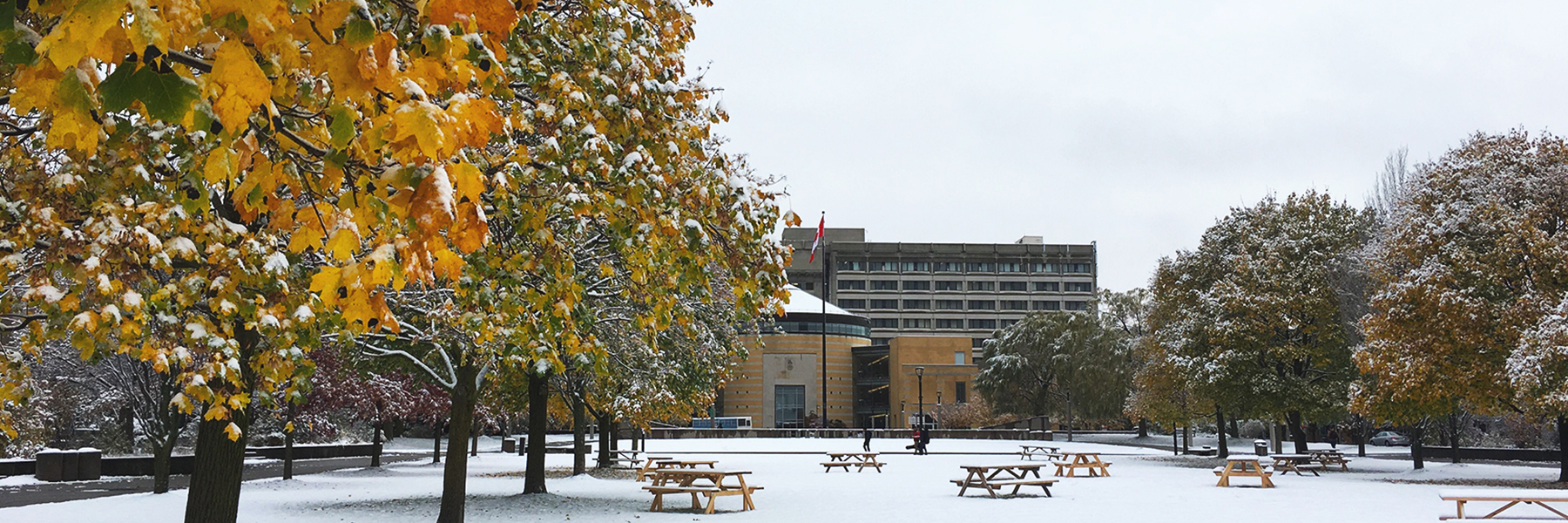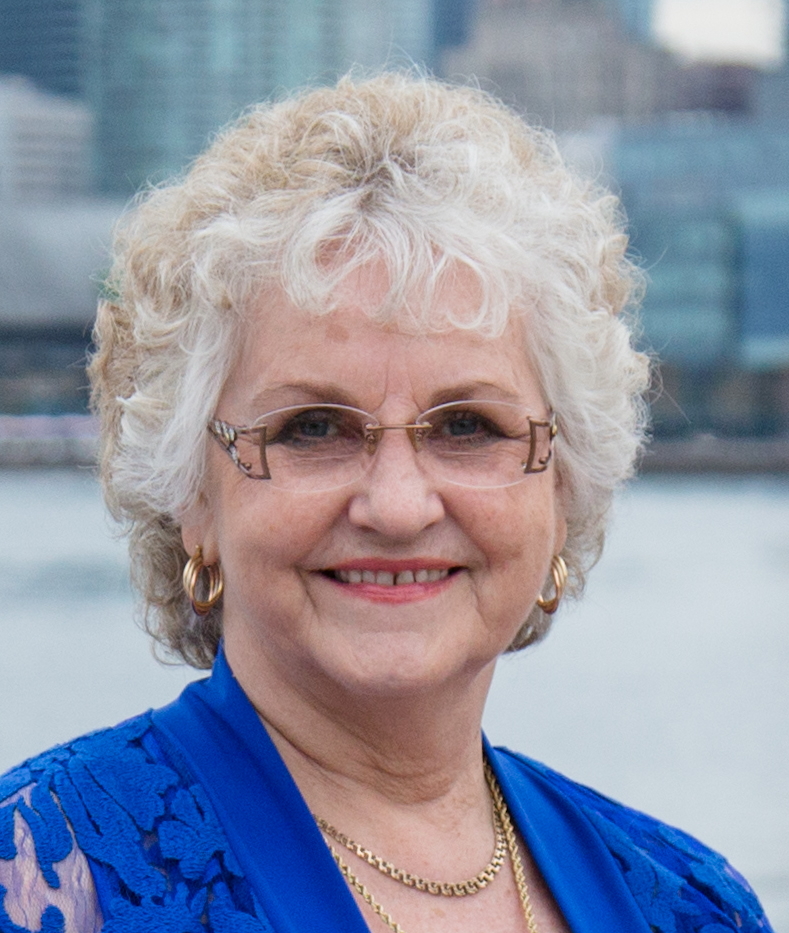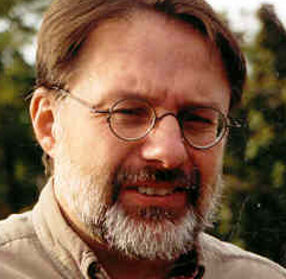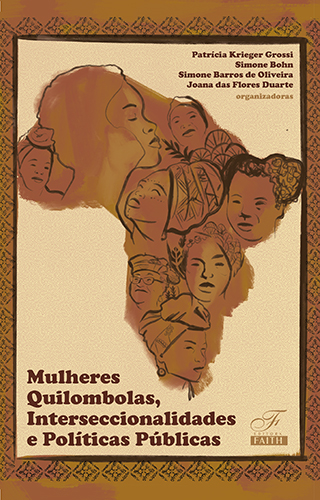An undergraduate summer research project selected for the Faculty of Liberal Arts & Professional Studies’ (LA&PS) Dean’s Award for Research Excellence (DARE) program in 2020, has shown that mentorship between faculty and students can have a long-lasting impact.

The DARE award offers Faculty of Liberal Arts & Professional Studies undergraduate students the opportunity to participate in research projects under the supervision and guidance of a faculty member from May to August. For Joanne Ong, who was selected for her sociology research project “China’s Urbanization in the Urban Age: A Scenic Approach,” the four-month collaboration with LA&PS Assistant Professor Cary Wu was the beginning of a mentorship that would chart the course for the next phase of her academic career.
Having now completed her BA in sociology, Ong is pursuing a master’s degree in sociology at York University – and still working closely with Wu, whose mentorship she says was instrumental to her decision to apply to graduate studies in the subject.
“From DARE, I came to know that the desire to learn requires I be critical, persistent and focused on the experience, not just exposed to the material,” Ong said after her participation in the program. “By reconsidering my outlook, I was able to transform my learning strategies and develop a greater sense of curiosity.”
As a DARE student, Ong had the unique opportunity to work with Wu and learn to engage with literature and understand the crucially important but difficult process of writing with data in a way that turns data-based conceptualizations and research into engaging storytelling that is cogent and clear.
Ong says by working under Wu, she also developed a number of soft skills from the professor’s effective feedback and guidance on her work. Working with Wu, she said, was one of the “greatest highlights and learning experiences” of her undergraduate studies.
During her undergraduate studies, Ong also published an article in University Affairs that examined what makes in-person classes unique and different from online-learning. Through discussion, 14 students who connected with each other through Wu’s Research Methods sociology courses, identified seven main themes that outline why students prefer in-person instruction. A summary of the seven elements are outlined in this YFile article.
Ong and Wu have continued to collaborate on research during Ong’s graduate studies, and the 2020 DARE project has resulted in a co-authored review essay titled “A scenic walk through Brenner’s New Urban Spaces in Toronto” in the journal International Sociology where Ong and Wu use images taken in the city of Toronto to interpret and visually explain some of critical urban theorist Neil Brenner’s influential book New Urban Spaces: Urban Theory and the Scale Question. It was published in November 2021.
The research, says Wu, is about how to theorize the urban and urbanization process in today’s global urban age.
“Everywhere is urban. How do we study the urban and urbanization process? We collect data through walking the city of Toronto and use photographs to explore the visible and hidden scenes of urban life,” says Wu. “We highlight the importance of focusing on all kinds of urban elements such as demographics, amenities, and activities as well as sounds and smell to capture the core meanings of urbanity and how they shape social life. The research encourages us to think of urban places as scenes.”
Ong’s research interests also include the neighbourhood effect and inequalities across social categories of race and gender. Under the supervision of Wu, she is currently researching how the gender confidence gap varies throughout the life course using quantitative methods.
About DARE
The Dean’s Award for Research Excellence (DARE) was launched in 2017 to allow students to fully engage in a professional research project with one of our world-class faculty members. Learn more about this year’s projects and awards in this YFile story.
The 2022 DARE competition was announced Dec. 1. Faculty members interested in submitting a DARE project to work with a DARE student should complete the mach form for DARE research project postings (Stage 1) by Jan. 6, 2022 at 4 p.m.














